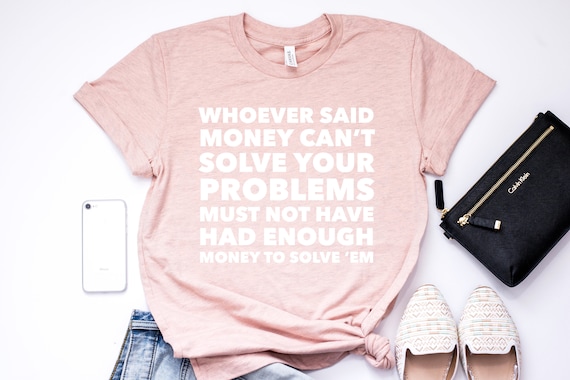

“Spotify-core” was used by the New York Times journalist Jon Caramanica to describe music that, with hushed vocals and a woozy, slow backbeat, is pleasant yet utterly forgettable – not something you would stop the stream for.Īnyone who has heard anything by Eilish and O’Connell knows these clumsy portmanteaus simply don’t stick. The writer Liz Pelly coined the term “streambait” in a 2018 essay, referring to the “idea of creating music that people will stream and continue to stream, similar to the concept of clickbait”. “Streambait” or “Spotify-core” are two such terms bandied about in regards to her output by chin-stroking music critics. Older, predominately white men, who still run the lion’s share of the boardrooms in the music industry, have continually tried to pin genres and types to both Eilish’s unique image and her creative output, whether that be the songs she sings, the clothes she wears or the videos she directs.

“I have always hated categories,” Eilish concurs when I ask what her reaction was to Tyler’s comments. I don’t like that ‘urban’ word – it’s just a politically correct way to say the n-word, to me. “But, also, it sucks that whenever we – and I mean guys that look like me – do anything that’s genre-bending, they always put it in a ‘rap’ or ‘urban’ category. Then, on the night, shortly after winning Best Rap Album, Tyler, The Creator responded to a question about categorisation with a provocative statement, nonchalantly delivered: “I’m very grateful that what I made could just be acknowledged in a world like this,” he told reporters backstage with his arms folded behind his back. She pulls her fingers through her thick hair, which at first was tied up but is now being rearranged into some sort of detonated green-and-black anime bun. “I was embarrassed!”Īs Eilish laughs she scrunches her face into her porcelain hands, which are half covered by the arms of her hoodie. (She actually smiles a great deal, whatever you’ve heard about her so-called quintessential teenage sulkiness.) Yet I couldn’t help notice, I comment, she seemed almost embarrassed by the win on stage. And she smiles that big conspiratorial smile of hers.

What a fairy tale ending to such a beginning, I tell Eilish. This is to all of the kids making music in their bedrooms today. O’Connell’s speech that night ended with what at first seems like a slightly schlocky pep talk for wannabe pop idols, although on closer inspection was also a moment of realisation and self-reflection for the siblings, a memo from the future to their past lives about the inconceivable triumphs ahead: “You know, we just make music in a bedroom together. In 2015, not long before he asked his little sister (who was then 13) to sing vocals on a song he’d written for his own band, called “Ocean Eyes”, which was then uploaded to SoundCloud, thus triggering industry interest and starting this whole culture-quaking journey, he reviewed Gladwell’s now oft quoted book for a parenting website called. On the wall, just above where Eilish is still playing piano – while the rest of her management and press caravan settle, unpack laptops from backpacks, plug in iPhones and make coffee – there’s a red neon sign, unlit, that reads “10,000 hours”, a personal ode to big thinker Malcolm Gladwell and his book Outliers, in which the New Yorker writer proposed that to become great one must devote, on average, 20 hours of work a week for ten years.īefore his current incarnation as songwriting partner for Eilish and self-taught producer (he coproduced “Lose You To Love Me” for Selena Gomez), O’Connell was an actor ( Glee Modern Family), a band member (The Slightlys) and a very occasional book reviewer. Kobalt’s dashboard can show an artist that a single song, such as “Bad Guy” – Eilish and O’Connell’s unconventional monster smash from 2019, which carried their music and her self-honed, pop-gone-weird image to a global, ageless, genreless audience – can have as many as half a million separate revenue streams. And sometimes I feel trapped by this persona’


 0 kommentar(er)
0 kommentar(er)
